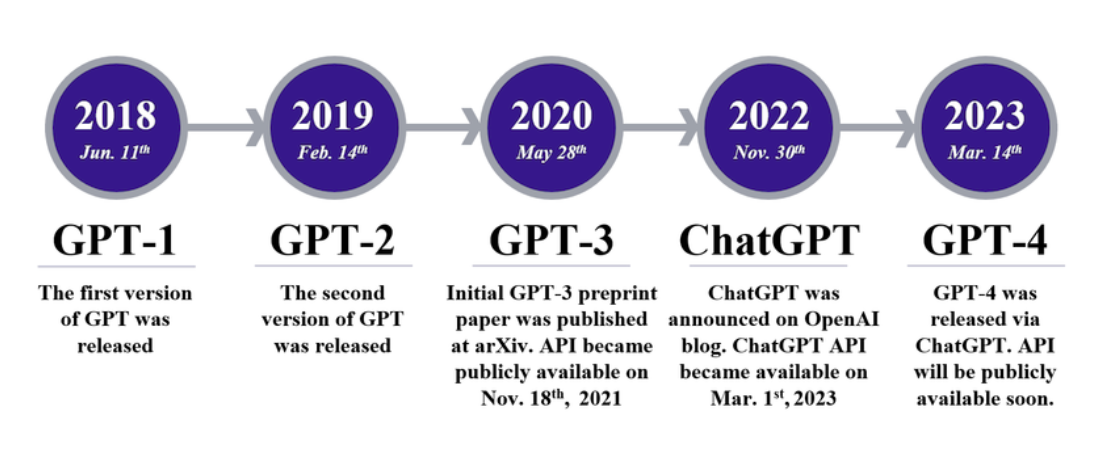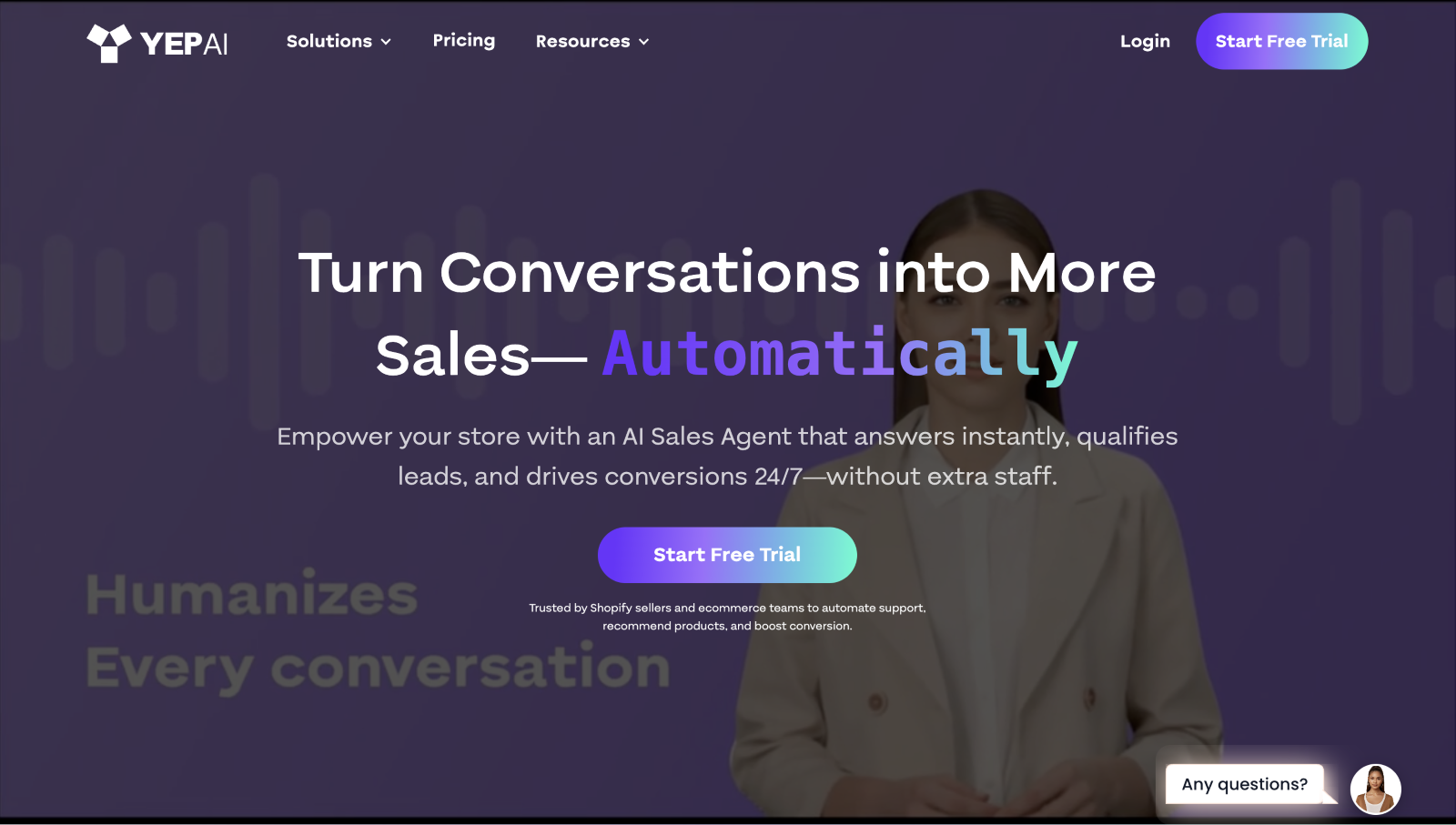ChatGPT is a large language model (LLM) designed to have conversations. Interacting with it is like chatting with a very knowledgeable but formal librarian. It has access to tons of information, though sometimes its knowledge isn’t completely up-to-date. While many people first explored ChatGPT just for fun, they soon realized it could boost their productivity in everyday tasks.
Whether it’s finding answers, brainstorming new ideas, creating content, or even planning meals, users are tapping into a wide range of ChatGPT’s capabilities. They’re not just skimming the surface—they’re exploring deeply to unlock greater creativity and efficiency.
So, how exactly does ChatGPT achieve this? What practical uses does it have? And what limitations should you be aware of? We’ll cover all that and more. But first, let’s start with the basics.
At its core, ChatGPT is an AI language model developed by OpenAI that understands and generates human-like text. It can carry on conversations, answer questions, create content, and assist with a variety of tasks, making it a versatile tool for businesses.
ChatGPT is part of a family of AI models known as large language models (LLMs). This journey began with GPT-1 in 2018, which introduced training on massive text datasets to grasp language patterns. GPT-2 (2019) expanded on this but was cautiously released due to concerns about misuse. Then came GPT-3 in 2020, a major leap forward with 175 billion parameters enabling more natural and context-aware responses. ChatGPT, launched in 2022 and built on GPT-3.5 and GPT-4, refined conversational skills for more human-like interaction.This evolution shows how each generation brought significant improvements, setting the stage for practical business applications.

Businesses leverage ChatGPT to automate tasks like customer support, content creation, and internal knowledge management. Let's look at some real-world applications:
While ChatGPT has transformed many business operations by scaling tasks affordably, it’s important to understand both its strengths and weaknesses to use it effectively.

Given these limitations, you might consider alternatives tailored for business needs. Yep AI offers a compelling option focused on AI chatbot capabilities designed for streamlined customer interactions.
Unlike ChatGPT, which often requires extensive customization to align with specific business contexts, Yep AI provides an intuitive, ready-to-deploy chatbot platform that delivers instant, accurate support 24/7. It automates common inquiries and helps human agents concentrate on complex problems.
Though Yep AI currently specializes in chatbot solutions, it plans to launch e-commerce AI features soon, such as personalized product recommendations and sales automation—further empowering businesses to grow.
For the latest updates, visit Yep AI.
While ChatGPT is a powerful, general-purpose tool, its broad approach can limit effectiveness in specialized business scenarios. Building a Business GPT with Yep AI offers a more customized, secure, and scalable solution tailored to your company’s unique needs.
Start your free trial with Yep AI today and create an intelligent assistant trained on your business data—no coding required.
👉 Get Started with Yep AI